ICE at COP
Cop27
Indigenous Clean Energy Trailblazing
Today, there are thousands of small-large scale clean energy projects with Indigenous equity ownership Canada-wide. These projects have led to community training and job creation, reduction in greenhouse gas emissions, advanced gender equity, materially improved economic stability, cultural revitalization and much more.
Indigenous ownership of renewable energy projects in Canada is a successful example of how Indigenous people can be included in such dialogues. Highlighting these success on the global stage will contribute to sustainability, energy sovereignty and global efforts on climate action.
Viewers can expect to hear stories from the hearts, minds and souls of Indigenous clean energy leaders. These experiences and lessons learned are invaluable to evolving and sustainable climate practices.
ICE hopes to expand our global kinship ties and support collective visioning for the future of seven generations to come.
Recordings will be available on the Indigenous Clean Energy Youtube Channel.
Cop26
Indigenous Renewable Energy Microgrids (REMs) for Energy Transition
Indigenous communities worldwide are being dramatically impacted by climate change. Habitats, sustainable livelihoods, cultural practices, and food and water supply are being compromised due to rapidly changing climatic conditions. Moreover, energy poverty and resource limitations have affected the vulnerability of Indigenous Peoples and communities to climate change and their capacity to adapt to the volatile realities.
In Canada, over the past decade and a half, Indigenous communities have proactively developed numerous clean energy projects—wind, hydro, biomass, and solar—as a means to reduce greenhouse gas (GHG) emissions, and drive sustainable community prosperity.
The impactful nature of such Indigenous leadership in Canada cannot be overstated. Through community ownership, and reflecting Indigenous rights and cultures, clean energy projects have integrated the Sustainable Development Goals (SDGs)—generating a diverse array of social, ecological and economic outcomes. Adopting an inclusionary approach of Indigenous clean energy leadership within the COP and UN processes has substantive merit.
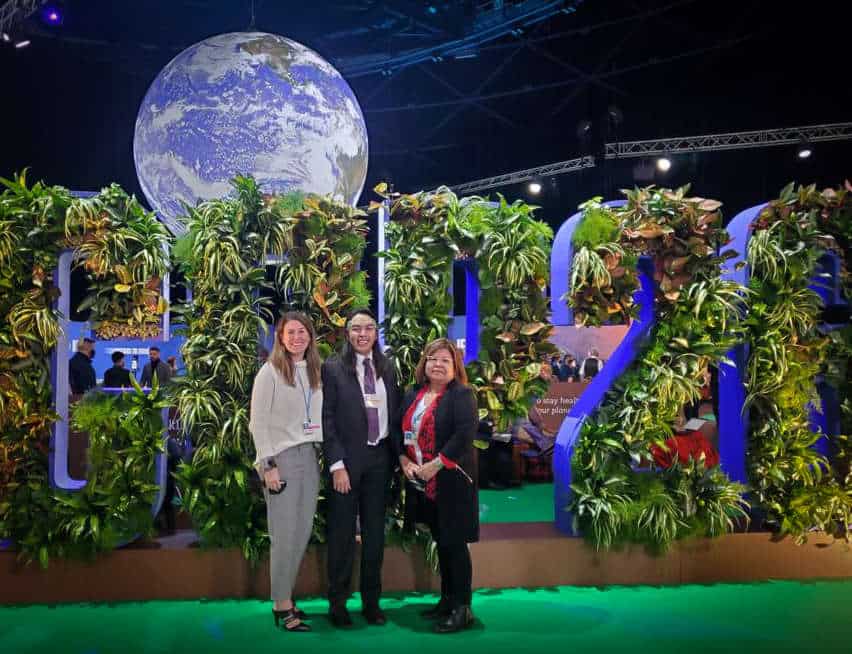
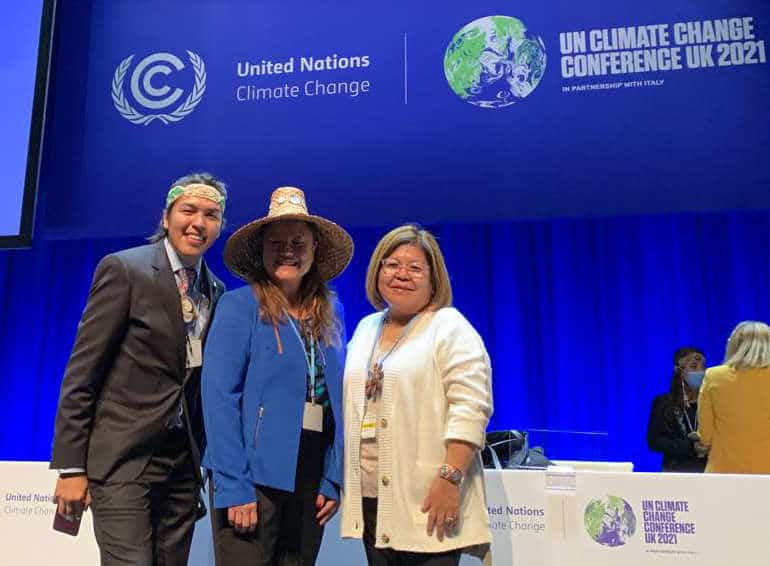
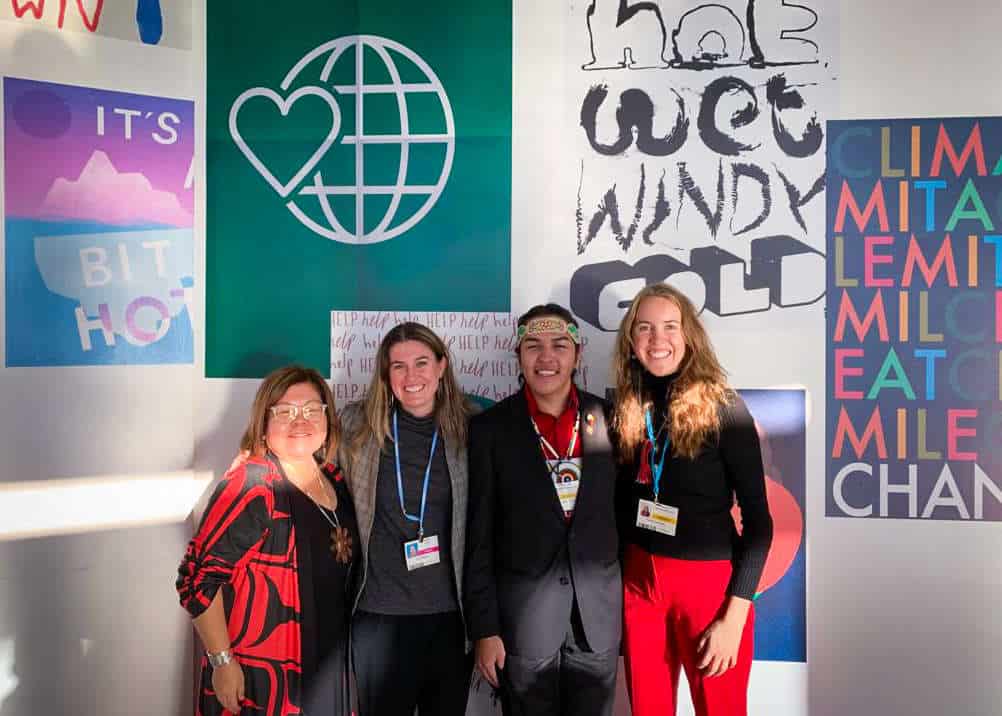
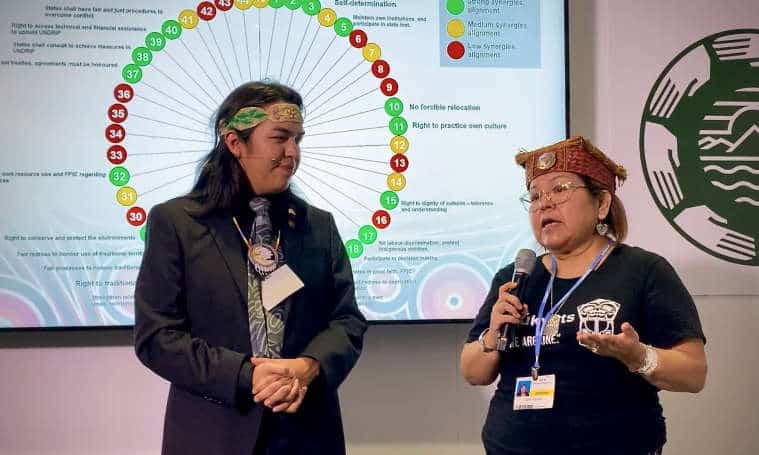
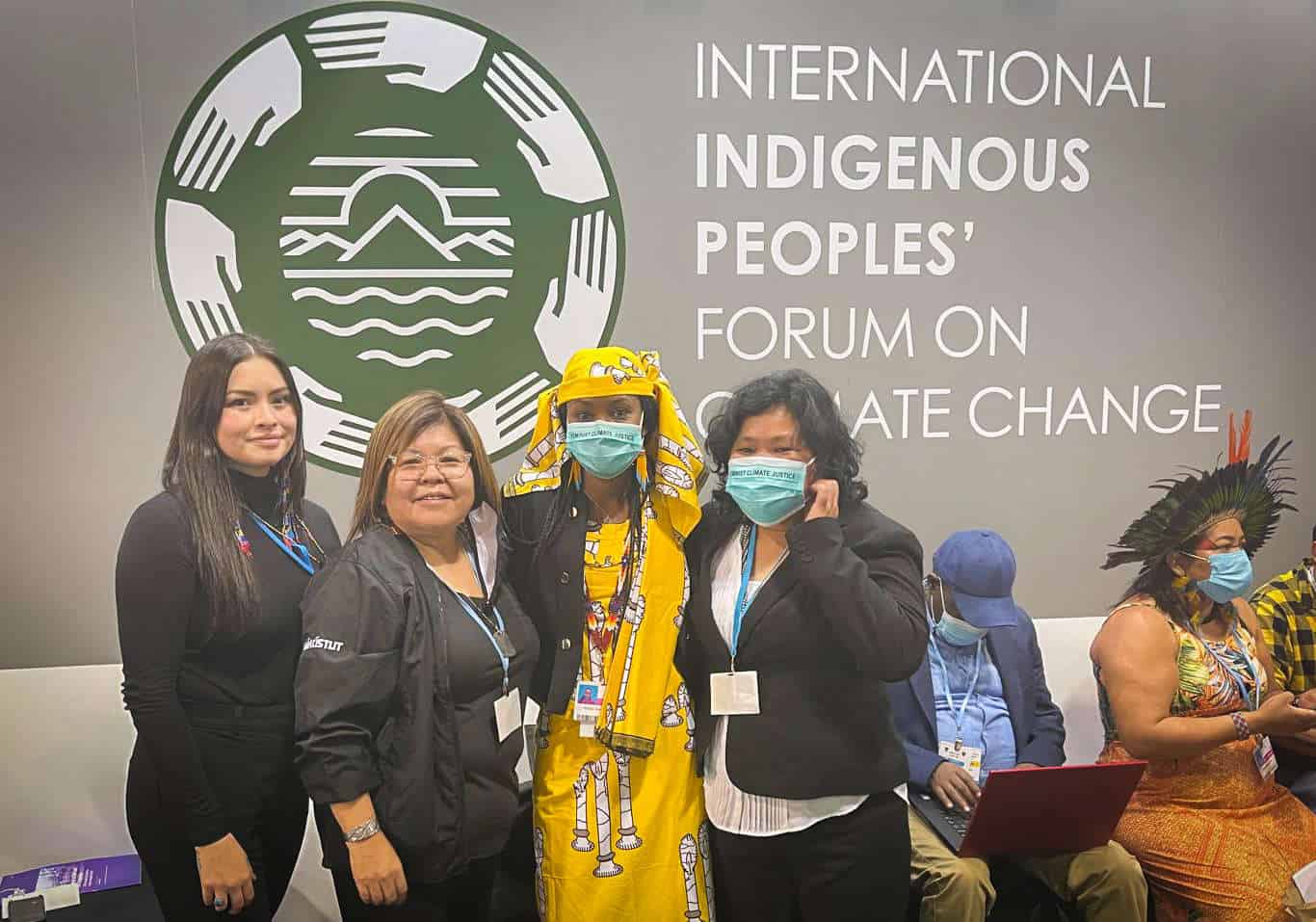
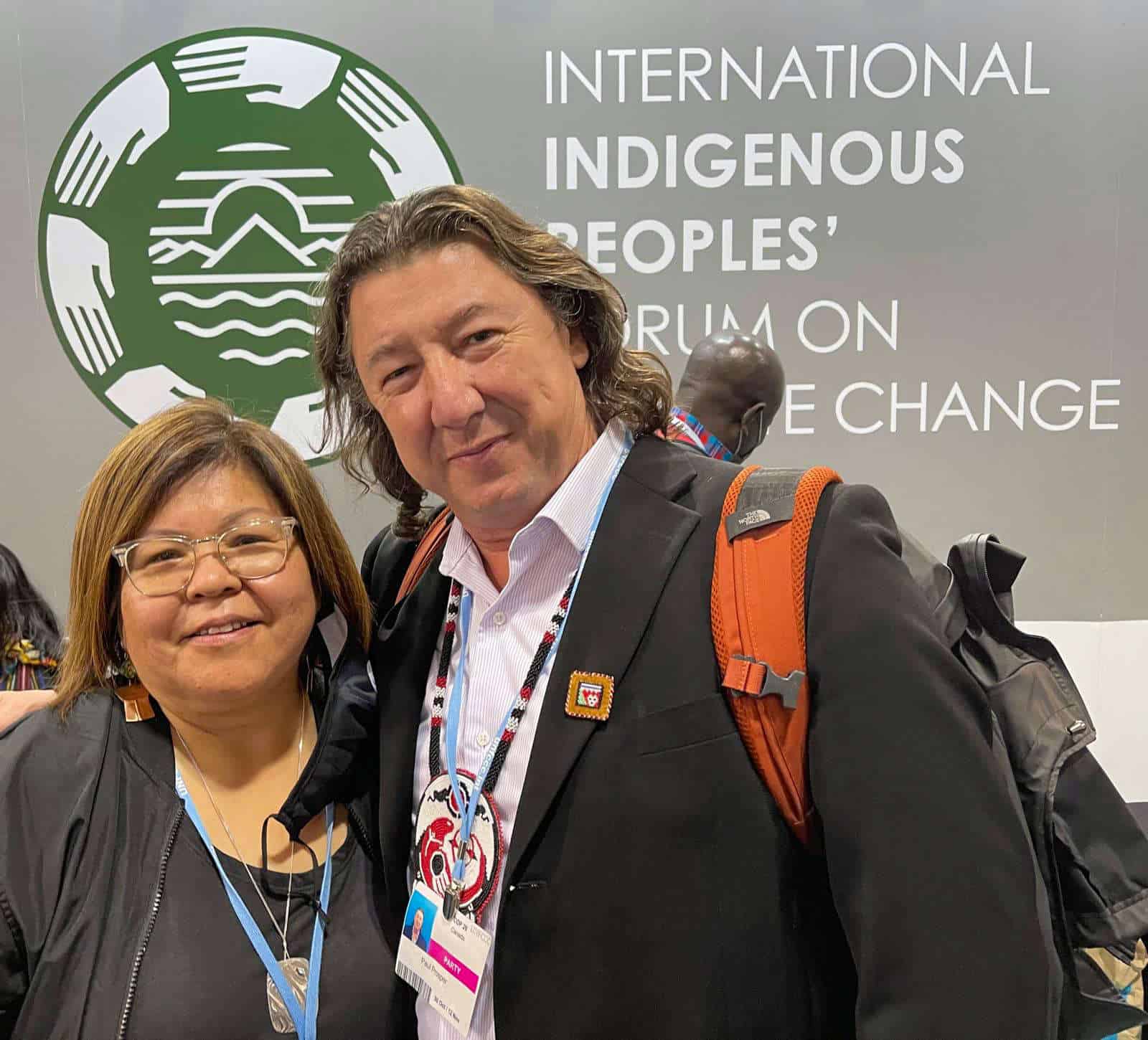
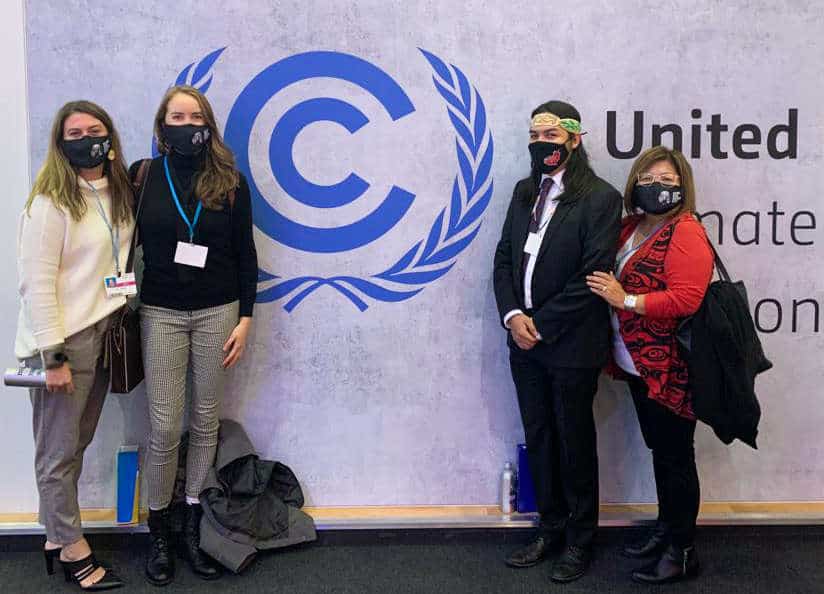
COP26 took place in Glasgow, Scotland, in November 2021, bringing together 120 world leaders and over 40,000 registered participants aiming to accelerate action towards the goals of the Paris Agreement and the UN Framework Convention on Climate Change.
To ICE, participating at the Conference of the Parties meant a great opportunity to highlight community-led renewable energy microgrids (REMs) as a core component to a net-zero future.
Below is a recap of Indigenous Clean Energy’s activity at COP26. To learn more about it, please keep reading.
Indigenous Clean Energy and UNDRIP
International Indigenous Peoples Forum on Climate Change
- Nov. 3 2021
- WATCH THE RECORDING HERE
There are thousands of Indigenous-led and partnered clean energy projects that have been completed by and for the community on Turtle Island – Canada. This has been possible due to opportunities for local capacity and skill development, and the adaption of funding streams, utility regulations and legislations and policies. Through storytelling and open dialogue, the “Indigenous Clean Energy and UNDRIP session” exemplifies how this clean energy transition has occurred and continues to develop in alignment with the United Nations Declaration on the Rights of Indigenous Peoples (UNDRIP).
Community REMs in Action
Green Zone Program
- Nov. 4, 2021
- WATCH THE RECORDING HERE
There are thousands of Indigenous-led and partnered clean energy projects that have been completed by and for the community on Turtle Island – Canada. This has been possible due to opportunities for local capacity and skill development, and the adaption of funding streams, utility regulations and legislations and policies. Through storytelling and open dialogue, the “Indigenous Clean Energy and UNDRIP session” exemplifies how this clean energy transition has occurred and continues to develop in alignment with the United Nations Declaration on the Rights of Indigenous Peoples (UNDRIP).
Global REMs Strategy
UNFCCC, Blue Zone Program
- Nov. 4, 2021
- WATCH THE RECORDING HERE
This session focuses on climate finance, policy mechanisms, utility regulations and national and sub-national strategies for Indigenous and/or community-led and partnered renewable energy microgrids (REMs). The session embodies the concept of ‘Just Climate Energy,’ which represents a climate protective clean energy future that also respects the United Nations Declaration on the Rights of Indigenous Peoples.
